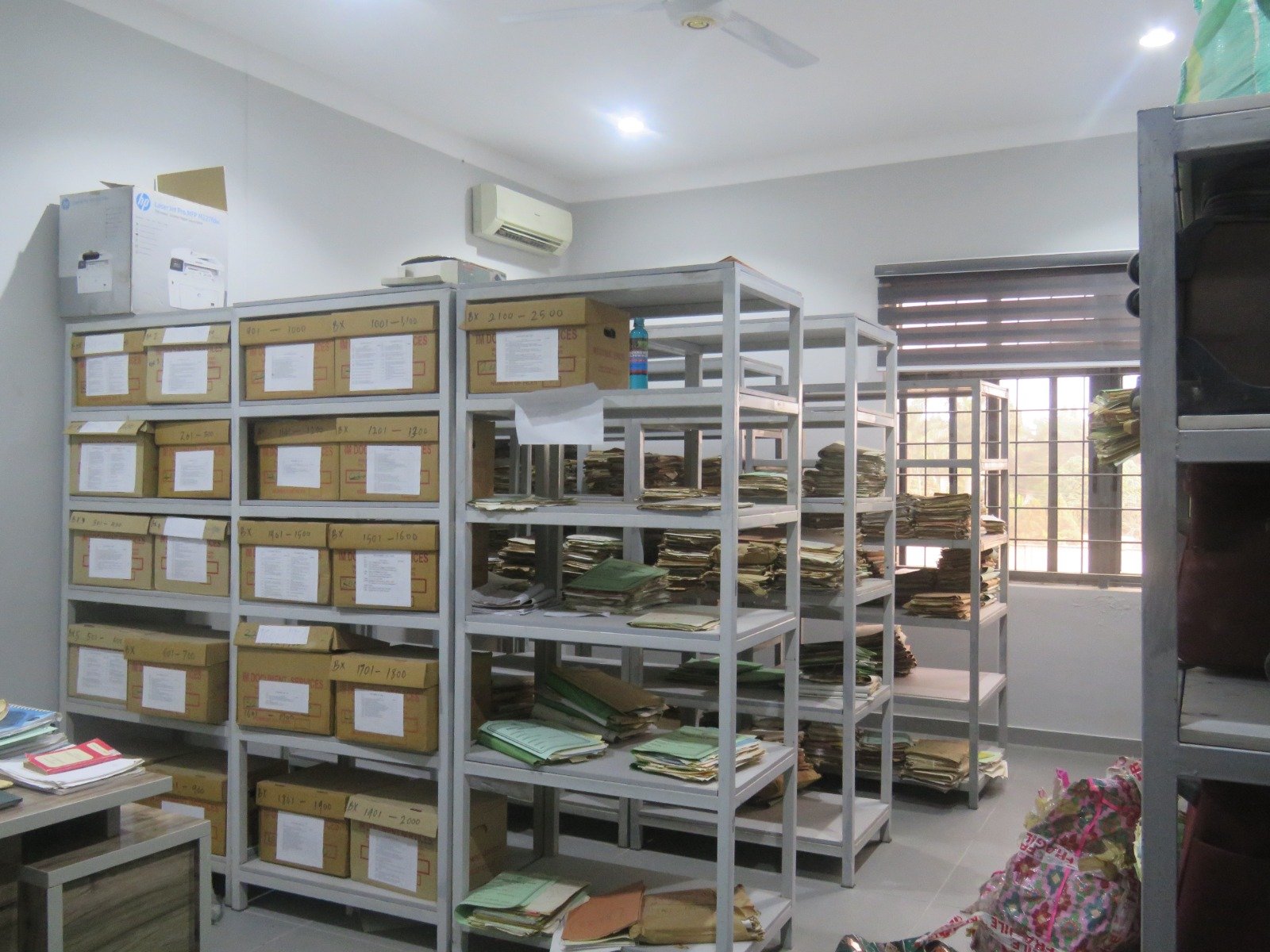The institute archive

The Yusufu Bala Usman Institute maintains a rich archive of over 2,417 files compiled by the late Dr. Yusufu Bala Usman. These files encompass a wide range of materials, including records of political and historical research, events, and documentation across various disciplines. The archive also contains resources related to notable personalities, as well as national and international issues. To ensure long-term preservation and controlled access for researchers, the Institute is actively digitizing the contents of these archival materials.
Archival Innovation & Collaborations
The Institute’s official website, ybu-institute.org, will feature a comprehensive inventory of its archival holdings. This initiative is designed to provide researchers with a clear overview of the archive’s contents, enabling them to identify and request specific materials relevant to their research interests. Select digitized files will also be made available online to enhance accessibility and ensure sustainability. While others can only be digitally accessed in the institute in Zaria, Kaduna State, Nigeria.
The archive has expanded its scope to include the digitization of multimedia resources. This includes converting old and valuable video and audio cassettes into modern formats such as CDs and MP3s. Significant progress has been made in improving both the accessibility and organization of these rich multimedia collections.
To increase local and international access to its materials, the Yusufu Bala Usman Institute, in collaboration with the French Institute for Research in Africa (IFRA) at the University of Ibadan and the Centre for Democracy and Development (CDD) in Nigeria, has successfully hosted a batch of digitized files on the Archives of Nigerian Radicalism platform (archivesofnigerianleft).
This project aims to make valuable historical documents from the Institute's archive more publicly accessible. Key achievements include:
This project aims to make valuable historical documents from the Institute's archive more publicly accessible. Key achievements include:
- Promoting the archive as a vital resource for scholars and the public interested in revisiting Nigerian history and socio-political movements.
- Enhancing the visibility of the collection, resulting in increased web traffic and research inquiries.